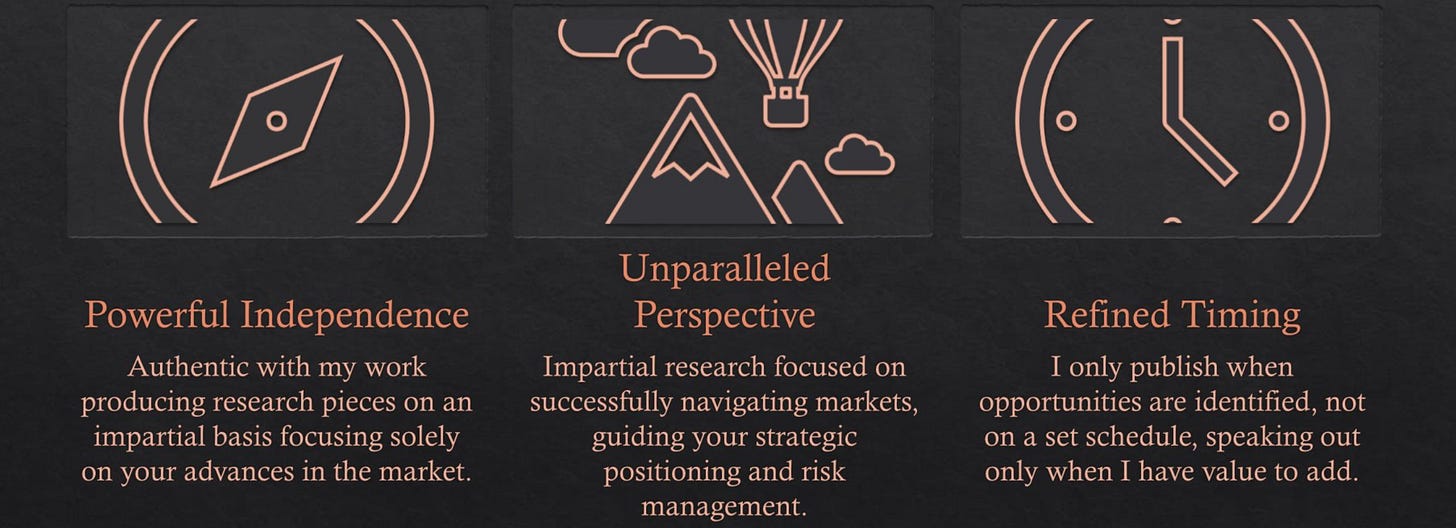We continue to hear chatter about the looming recession.
For perspective, we had a technical recession in the first half of last year. It was (textbook) two consecutive quarters of negative GDP growth - driven by burdensome inflation and (textbook) expectations of an impending tough period of monetary policy tightening.
Still, the government denied that it was a recession. That denial was somehow broadly accepted by the public, and since, all we've heard about is impending recession.
That narrative has been promoted for the better part of the past three quarters now (quarters of actual growth). The economy grew in both the third and fourth quarter of last year with Q1 of this year still projecting a healthy 2.5% annualized growth (data still coming in).
But we've since had the introduction of a catalyst that would, very likely, in a normal world, induce an economic contraction - last month's shock in the banking system.
That said, we're not in a normal world.
In the post-Great Financial Crisis era, we know how policymakers will respond - they will intervene. And they did, quickly;
The Fed quickly went back to expanding the balance sheet (backstopping troubled banks with "loans").
The Treasury summoned the Financial Stability Oversight Council (FSOC), the group designed to "mitigate risks to the U.S. financial stability," and risks were quickly mitigated.
A month later, and the dust has settled. Banks are reporting Q1 earnings, some with quite good performance. The mass deposit flight risk appears to have been managed (via intervention), if not overstated.
With that, the Fed's balance sheet has gone back into reverse, shrinking now for a third consecutive week. And money market fund assets, where some depositors fled to, have reversed (shrunk) for the first time since early March.
Add to that, with Fed members finally voicing some dissenting views on the next move, perhaps the environment is shaping up to be better for the economy and markets than sentiment would suggest.





